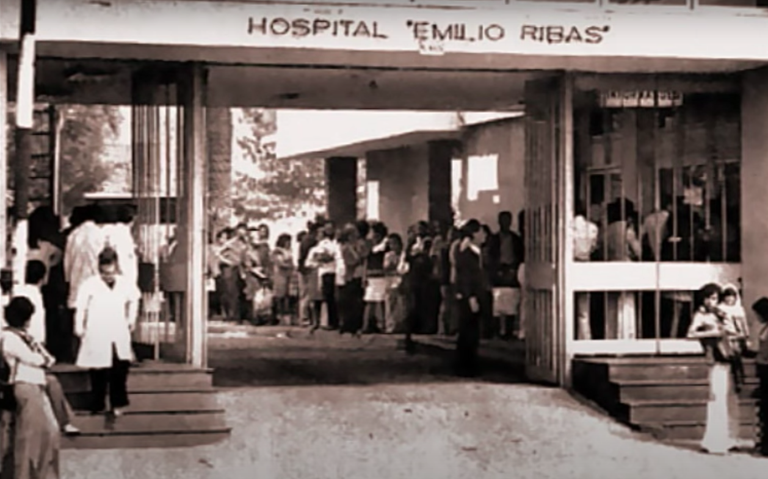Stop us if you’ve heard this one before: a country blindsided by an epidemic; a reactionary leader who chooses not to take it seriously; an overburdened healthcare system scrambling to deal with an unexpected surge of patients, and a government that deliberately works to hide information from people, leading to a tremendously high number of avoidable deaths. We could easily be talking about how the Jair Bolsonaro administration has handled Brazil’s coronavirus crisis. Instead, this is a story from the 1970s, when the country’s military dictatorship tried to cover up a meningitis epidemic at all costs.
At the beginning of the 1970s, several Brazilian states — along with countries in North America, Europe, and Africa — experienced a meningitis outbreak. In São Paulo, the crisis was particularly severe, with the rate of cases per 100,000 people jumping from 2.16 in 1970 to 180 just three years later. Lethality rates oscillated between 7 and 14 percent until 1975, when the government effectively began tackling the disease. While the outbreak hit several countries, the severity of Brazil’s epidemic was only rivaled by the situation in Africa’s so-called “meningitis belt,” spanning from Senegal to Ethiopia.
At the time, Brazil was in the middle of its Years of...


 Search
Search






































